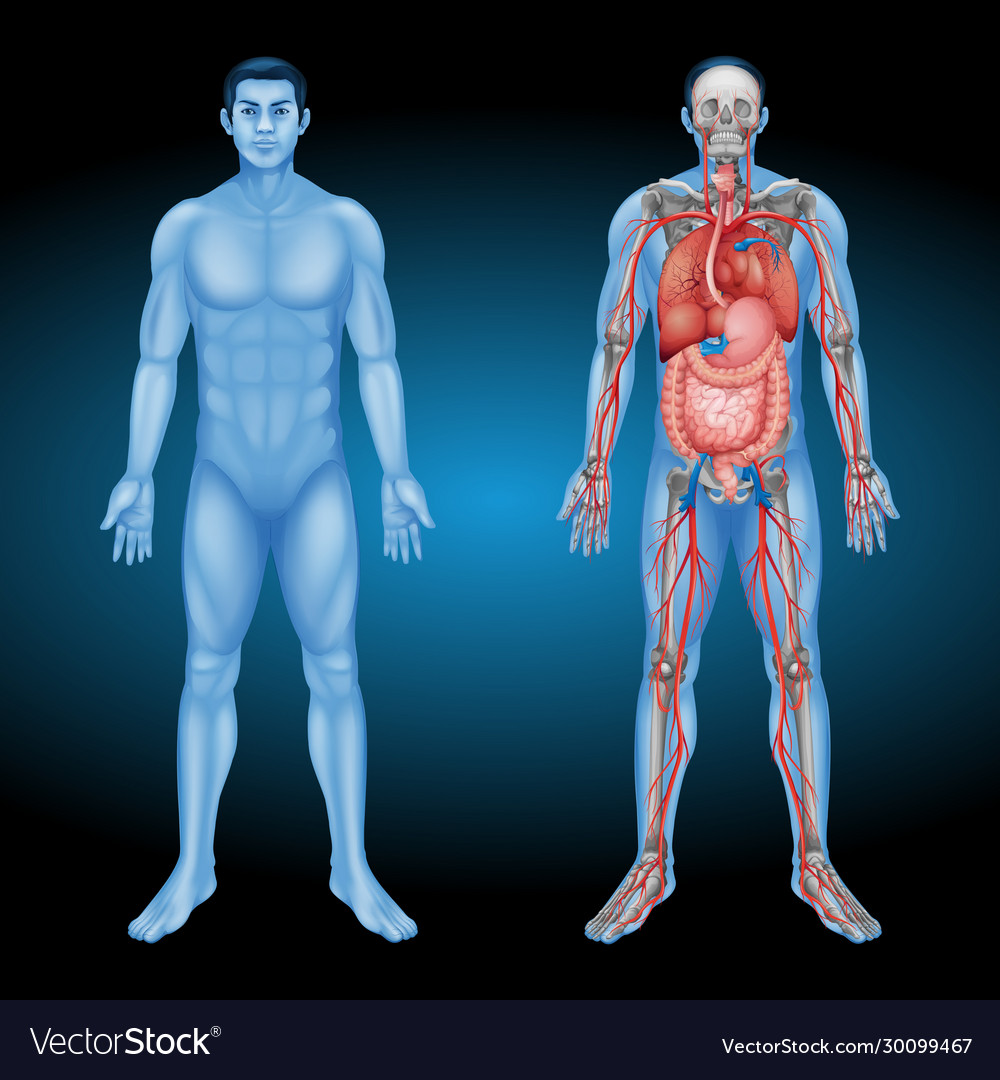Explorations of the Bahá’í teachings reveal a profound synthesis of the corporeal and the spiritual, an endeavor to navigate the shift from the ephemeral to the eternal. This transformative journey is paramount within the Bahá’í narrative, encapsulated in the duality of body and spirit, as well as the juxtaposition of illusion and reality. This discourse aims to elucidate the multifaceted dimensions of these interrelated concepts, thereby offering a comprehensive understanding of their significance in the Bahá’í Faith.
The body, as the tangible vessel of human existence, serves as a crucial point of departure in this exploration. In Bahá’í thought, the physical form is not merely a biological entity; rather, it operates as a crucial instrument for the cultivation of one’s spiritual essence. The corporeal dimension is essential for the development of virtues and the manifestation of ethical behavior. The body, underrated in some philosophic doctrines, is viewed as a gift, a means through which individuals engage with the physical world and, consequently, learn to navigate their spiritual journeys.
In line with this perspective, Bahá’í teachings emphasize the sanctity of the human body and the dignity that accompanies its existence. Health and well-being are significant considerations, as they enable individuals to perform deeds of service and contribute positively to society. The maintenance of physical health is seen as a prerequisite for spiritual development, thus establishing an intrinsic connection between bodily care and spiritual progress. This dual appreciation encourages followers to foster a holistic lifestyle, one that harmonizes the two realms, allowing for a seamless transition from physical engagement to spiritual ascension.
As one ascends the spiritual ladder, the realization of the ephemeral nature of material existence becomes increasingly apparent. The Bahá’í writings poignantly convey that worldly possessions and preoccupations are transient, easily swept away by the currents of time. This understanding prompts the believer to gaze beyond the superficial, recognizing the impermanence of life’s superficial pleasures and the profundity found in spiritual pursuits. Therefore, this perspective cultivates a detachment from the material world—an essential component in the quest for deeper spiritual truths.
Transitioning from the corporeal experience to the spiritual realm necessitates a shift in consciousness. Illusion and reality are delineated within Bahá’í teachings as two contrasting states of awareness. The world perceived through the senses often veils the fundamental truths of existence, rendering them obscured. The challenge lies in discerning the authentic from the illusory. It is here that the teachings of Bahá’u’lláh provide vital insights, guiding adherents toward an experiential understanding of reality that transcends mere appearances.
In this context, the journey from illusion to reality is characterized by the cultivation of the intellect and the refinement of character. Bahá’í teachings assert that to achieve a deeper cognition of existence, one must engage in critical reflection, self-examination, and a sincere pursuit of knowledge. This intellectual journey is complemented by the development of sublime virtues such as love, compassion, and justice, which serve as guiding principles for navigating one’s life.
The interplay of body and spirit is further accentuated through the concept of the soul, which, in Bahá’í belief, represents the essence of human identity. The soul is eternal and unchangeable, whereas the physical body is transient. This dichotomy marks the journey of the spirit towards God, where the soul continues its existence post corporeal life. Understanding the soul’s independence from the body encourages believers to prioritize their spiritual growth over worldly distractions, fostering an authentic connection with the Divine.
Bahá’ís are taught that through prayer and meditation, they can enhance their spiritual awareness. These practices provide a conduit for divine inspiration and connect the practitioner with higher realms of consciousness, thus facilitating the discernment of reality from illusion. The efficacy of spiritual exercises lies in their ability to transcend the limitations of the physical form, allowing individuals to experience a deeper communion with the essence of existence and the Creator.
Furthermore, the significance of community within the Bahá’í framework cannot be understated. The collective pursuit of truth enhances individual understanding, as diverse perspectives illuminate different facets of reality. This communal aspect fosters unity and collaboration, advocating for a societal structure where spiritual growth is a shared endeavor. Through the integration of communal practices, individuals are empowered to transfer their understanding from personal experiences into collective consciousness, thereby reinforcing the transformative journey from body to spirit.
Finally, the culmination of this profound exploration emphasizes the transformative potential inherent in recognizing and acting upon the interplay between body and spirit, illusion and reality. The Bahá’í Faith posits that through this journey, individuals not only elevate their souls but also contribute to the upliftment of society as a whole. Every act of compassion, every moment spent in reflection, carries the weight of spirituality into the physical domain, manifesting the divine will on earth.
In summation, the teachings of the Bahá’í Faith illuminate a path from body to spirit and from illusion to reality. This journey is replete with opportunities for personal growth and communal upliftment. As followers engage with these principles, they embody the transformative ideals that lie at the heart of the Faith, navigating the complexities of existence with an unwavering commitment to truth, love, and unity.
